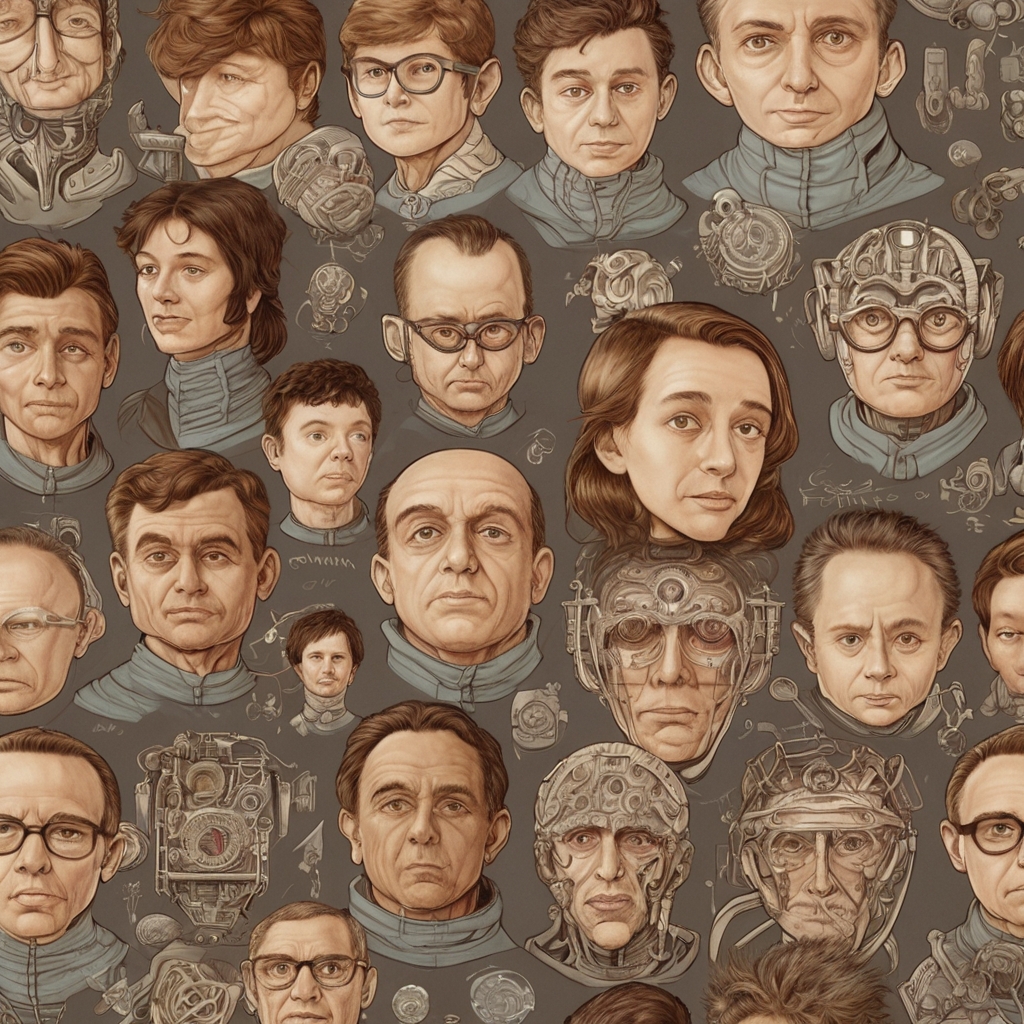How AI Adoption Threatens Digital Rights

As AI systems become more embedded in our daily lives, they are reshaping how we interact with technology, and not always for the better. Recent developments in AI have highlighted concerns about how these systems affect our fundamental digital rights.
Privacy is perhaps the most immediate casualty. AI systems are data hungry, requiring vast amounts of personal information to function. What many don’t realize is that this data collection isn’t just about improving services, it’s creating detailed profiles of our behaviors, preferences, and relationships. Even seemingly innocent applications can build surprisingly intimate pictures of our lives.
The problem goes deeper than privacy. AI systems are increasingly making decisions that affect people’s lives – from job applications to loan approvals to content recommendations. These systems can perpetuate and amplify existing biases, often in ways that are difficult to detect and challenge. When an AI system makes a discriminatory decision, who is held accountable? The current landscape offers few clear answers.
Transparency is another casualty. Modern AI systems, particularly those using deep learning operate as “black boxes”, their decision making processes are often opaque even to their developers. This lack of transparency makes it nearly impossible for individuals to understand or challenge decisions that affect them.
Communities are starting to push back, demanding greater accountability in AI development and deployment. But there’s a significant power imbalance. Large organizations deploying AI systems have resources and technical expertise while affected communities often lack tools to identify harms or seek redress.
The path forward requires rethinking how we develop and deploy AI systems. We need frameworks that prioritize transparency, community oversight, and accountability mechanisms. Most importantly, we need to ensure that the benefits of AI development don’t come at the cost of our fundamental rights.
This isn’t about stopping AI development, it’s about ensuring it serves rather than subjugates human interests. As we continue to navigate this technological transition, protecting digital rights must be at the forefront of AI development, not an afterthought.